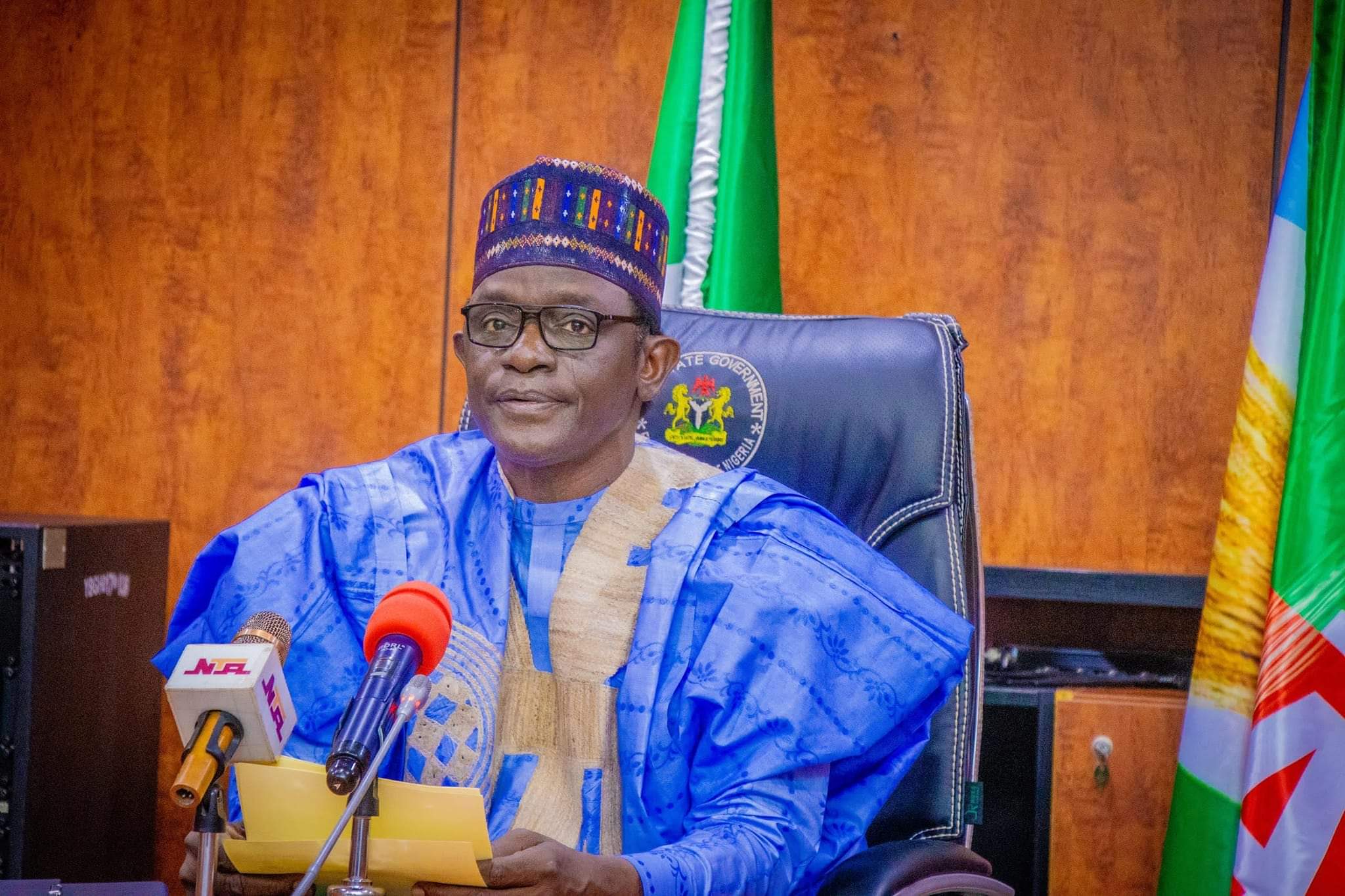Opinion
Yobe LG is Run By Democratically Elected Council – Gov. Buni a Champion Of Grassroots Democracy

|
Getting your Trinity Audio player ready...
|
Yobe LG is run by democratically elected council – Gov. Buni: a champion of grassroots democracy
By Yusuf Ali
Following the Supreme Court verdict on the autonomy of Local Government Councils, the conventional and social media have mentioned Yobe State among lists of states in the country without duly elected local government councils.
This is not true. Yobe Local Governments is currently run by democratically elected council. Governor Mai Mala Buni CON, who is a champion of grsssroots democracy and development conducted elections across the 17 Local Government Councils on 9 June, 2024. The elected Chairmen and Councillors were subsequently sworn-in to office on 10 June, 2024.
The elections, as monitored by local and national observers has been adjudged as free, fair and credible elections. The elections, which is the second time organised by the Buni administration over the last five years, is a testament of the Governor’s unwavering commitment to grassroots democracy and governance.
It is no doubt that Governor Buni, who started his grassroots politics as a Councillor, has emerged as a shiny example of a leader who truly believes in grassroots democracy, empowering the people and bringing development closer to the grassroots.
It Is a known fact that the absence of elected representatives at the grassroots level hampers effective decision-making and inhibits the participation of citizens in shaping their own communities.
However, Governor Buni, unlike his counterparts, recognizes the importance of revitalizing the local government system. The council election conducted in Yobe recently, was a testament to his belief in the power of grassroots governance.
By allowing multiple parties to participate and ensuring a well-managed process with no violence recorded anywhere. This has provided an opportunity for the people to choose their own leaders, ensuring that their voices count and their expectations were met.
This bold step taken by Governor Buni not only demonstrates his trust in the ability of the people to make informed choices, but also reflects his vision of a democratic society, built on the principles of inclusivity and genuine participation.
By bringing the government closer to the people, he has created an avenue for effective representation, active community involvement, and accountable local administration in the state.
The governor’s dedication to grassroots democracy goes beyond mere rhetorics. He recognizes that the real transformation happens at the local level, where the immediate needs and aspirations of the people reside. Through this commitment, he has laid a solid foundation for sustainable development and progress in Yobe State.
The impact of Governor Buni’s belief in grassroots governance is already evident in the various developmental projects and initiatives across the state. By empowering the local governments and involving the citizens in decision-making processes, Gov. Buni ensures that developmental efforts align with the actual needs of the people.
This approach bolsters social cohesion, fosters a sense of ownership, and creates an enabling environment for sustainable development across all sectors of society.
Under his leadership, the impact of grassroots democracy is far-reaching. The local government system, which was once seen as a mere administrative structure, now plays a pivotal role in driving progress and development in Yobe State. The governor’s emphasis on representation, accountability, and community involvement has paved the way for a more inclusive and participatory governance model.
Through his belief in grassroots governance, Gov. Buni has successfully decentralized decision-making processes, ensuring that the needs of the people are given top priority.
By directly involving elected representatives from the local governments and his non interference with the councils administration, he has created a channel for direct communication between the government and the grassroots, eliminating unnecessary bureaucratic barriers.








